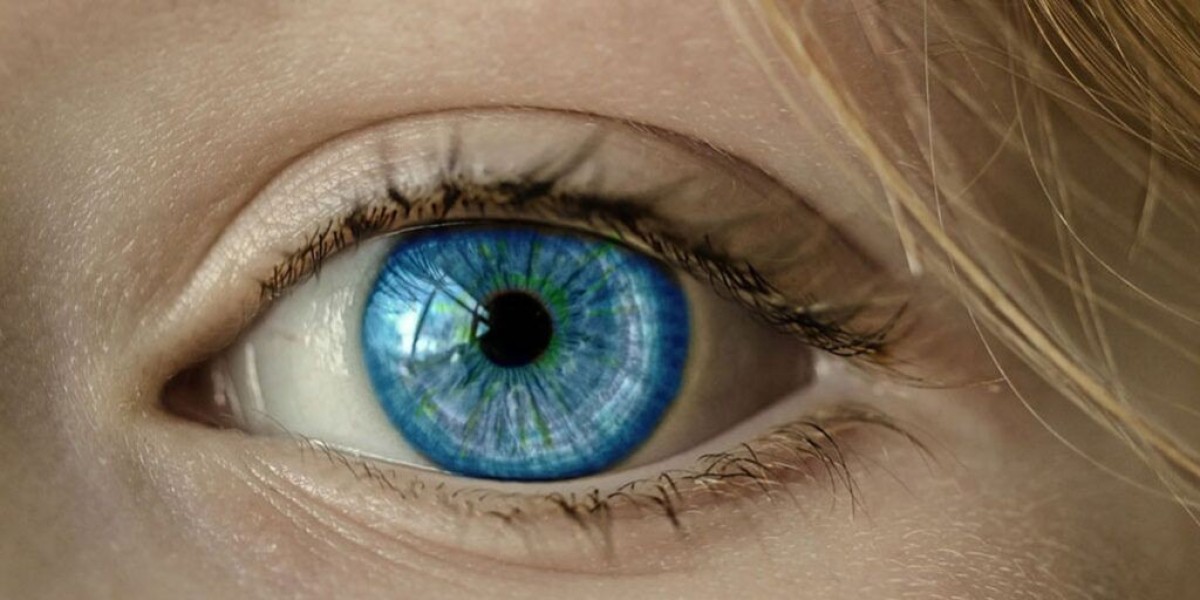Choosing Smile Laser Eye Surgery is a meaningful step toward clearer, more comfortable vision. Before moving forward, a series of advanced eye checkups play a crucial role in ensuring that the procedure is right for you. These evaluations help understand the unique characteristics of your eyes, reduce risks, and improve the accuracy of the surgery.
Each test provides clarity, confidence, and reassurance that your eyes are examined with care and precision.
These checkups also help specialists understand the deeper aspects of your eye health. They identify hidden issues that might not show symptoms right away. They create a safer surgical pathway and support long-term stability after the procedure.
When approached with gentle guidance, these tests form an essential part of a supportive and informed decision-making journey.
Below is a detailed look at the advanced eye examinations recommended before undergoing Smile Laser Eye Surgery.
Understanding them can bring peace of mind and help you feel more ready for the next steps.
1. Comprehensive Vision Assessment
A complete vision assessment forms the foundation of every pre-surgery evaluation. It measures how clearly you see at different distances and identifies refractive errors.
This test ensures that your visual concerns—like nearsightedness or astigmatism—are accurately documented.
It also helps your eye care team match your needs with the precision of Smile Laser Eye Surgery.
This may feel similar to routine eye tests, but the assessment is more detailed and structured. It helps create an accurate understanding of your current visual state.
The results guide personalised treatment planning.
It acts as a gentle first step in your preparation process.
2. Corneal Topography
Corneal topography maps the entire surface of your cornea, the clear front part of your eye. The results appear like a colourful map showing curves, hills, and valleys.
This test helps determine whether the shape of your cornea is suitable for Smile Laser Eye Surgery.
It is completely painless and offers valuable information about how your eye bends light.
Specialists use this map to detect irregularities that may affect surgical outcomes.
It can identify early signs of corneal thinning or conditions like keratoconus.
These insights allow doctors to plan a safe and personalised approach.
3. Corneal Pachymetry (Corneal Thickness Test)
The thickness of your cornea plays an important role in vision correction procedures. Pachymetry measures this with gentle precision.
The test uses a specialised device that determines whether the cornea has enough strength for Smile Laser Eye Surgery.
Understanding corneal thickness helps doctors maintain long-term stability after treatment.
A safe thickness level ensures that the laser creates the right corneal lenticule.
It also prevents complications by ensuring that the cornea remains strong post-surgery.
This test acts as a key safety checkpoint.
4. Wavefront Analysis (Aberrometry)
Wavefront analysis is an advanced technology that studies the way light travels through your eye.
This test detects tiny imperfections in your vision that standard tests might miss.
Its results help enhance the accuracy of Smile Laser Eye Surgery.
The insights from this test help specialists understand higher-order aberrations.
These subtle distortions may influence night driving or low-light vision.
A personalised wavefront map contributes to smoother visual clarity after the surgery.
5. Tear Film Assessment
Healthy tear film is essential for both clear vision and comfortable healing.
This test evaluates whether your eyes produce enough tears and how stable the tear layer is.
Dry eye conditions can affect the outcome of Smile Laser Eye Surgery, so early detection is important.
Treating dryness before the procedure improves precision.
It also supports smoother recovery and reduces irritation afterward.
This test promotes a comfortable surgical experience from start to finish.
6. Intraocular Pressure (IOP) Measurement
Intraocular pressure testing helps screen for early signs of glaucoma.
This painless assessment measures the pressure inside your eye.
Normal pressure is important before undergoing Smile Laser Eye Surgery.
High pressure may require treatment before moving forward.
Being aware of IOP levels protects optic nerve health.
Early detection ensures the safest possible surgical pathway.
7. Retinal Examination
Even though Smile Laser Eye Surgery focuses on the cornea, retinal health is equally important.
A detailed retinal exam checks for issues like weak areas, tears, or early signs of retinal disease.
These findings guide doctors to ensure safe eligibility for the procedure.
Sometimes, small retinal changes may require treatment beforehand.
This helps prevent complications in the future.
It also gives a complete picture of your eye health.
8. Pupil Size Evaluation
Pupil size can influence the quality of vision after laser procedures.
This test measures how your pupil reacts to different lighting conditions.
Large pupils may increase glare or halos after Smile Laser Eye Surgery, so evaluation supports personalised planning.
Understanding pupil behaviour helps specialists adjust laser settings.
This leads to better clarity in both day and night environments.
It ensures visual outcomes that feel natural and comfortable.
9. Pentacam Scan
The Pentacam scan offers a 3D analysis of your cornea, lens, and front chamber of the eye.
This technology provides extremely detailed information that standard tests cannot capture.
It helps evaluate every structural aspect needed for a safe Smile Laser Eye Surgery experience.
The scan identifies whether your cornea is symmetric, stable, and suitable for treatment.
It also measures elevation maps and lens clarity.
This information brings deeper assurance for both you and the medical team.
10. Medical and Ocular History Review
Before the procedure, doctors review your past eye conditions, medications, and general health.
This step helps them understand long-term patterns and any previous issues that could influence surgery.
Every detail helps personalise the approach to Smile Laser Eye Surgery.
This review also aligns the treatment with your lifestyle and expectations.
It ensures transparency and realistic goals.
It forms the final layer of preparation for a safe, thoughtful decision.
A Caring Step Toward Clearer Vision
Preparing for Smile Laser Eye Surgery through these advanced eye checkups offers the confidence that your vision will be cared for thoughtfully. Each test plays a valuable role in understanding your eyes deeply and ensuring that the treatment is safe, precise, and personalised.
Choosing a super speciality eye hospital can make this journey smoother and more reassuring. In such a setting, every evaluation is performed with advanced technology and a patient-first approach.
In conclusion, a hospital like MaxiVision Eye Hospital ensures that your experience remains safe, supportive, and guided by experts who prioritise your long-term visual well-being.








